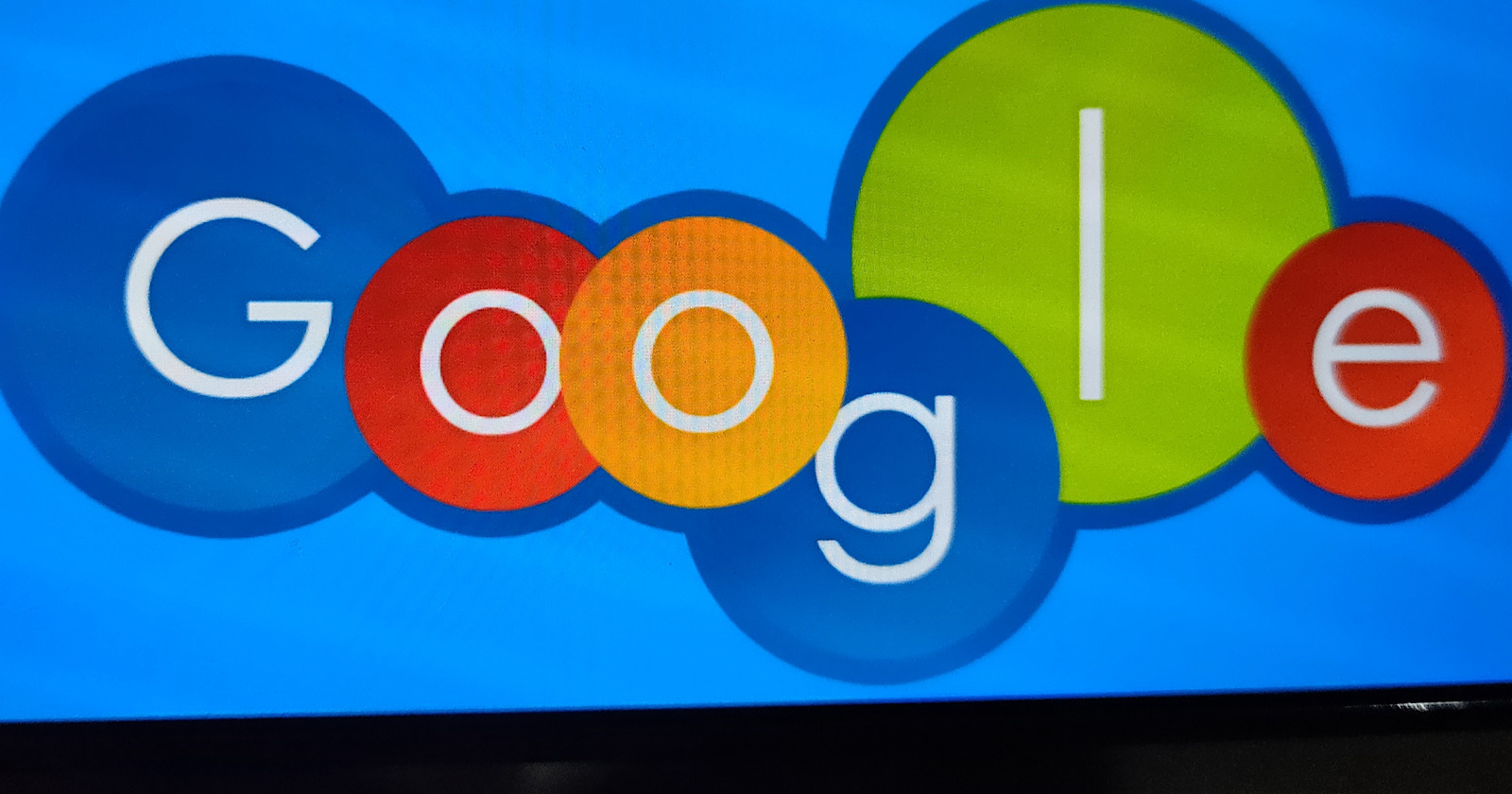As Google’s March core update continues, there’s uncertainty surrounding the impact of advertisements on search rankings.
Google’s Search Liaison, Danny Sullivan, took to Twitter to address these concerns, stating that sites with ads can still rank well in Google search results.
Google Clarifies The Impact Of Ads On Search Rankings
Website owner Tony Hill brought the issue to light, inferring from Sullivan’s earlier advice that Google disapproves of ads.
"I can barely read through the main content of pages because I keep getting interrupted by things shoved in the middle of it… it is just an unsatisfying experience"
👆A complaint by @searchliaison about a site he was on.
We can all read between the lines on this one…… https://t.co/fsvNsvcsoY
— Tony Hill (@tonythill) March 21, 2024
Hill points out the prevalence of ads in Google’s search results pages, especially on mobile devices, and expressed concern that Google’s algorithms may unfairly target smaller sites that rely on ad revenue.
Sullivan clarified that “there are plenty of sites that rank perfectly well in Google Search that have ads, both sites big and small.”
He emphasized that Google’s systems aim to reward sites that provide a good page experience, a long-standing goal that isn’t new.
There are plenty of sites that rank perfectly well in Google Search that have ads, both sites big and small. Anyone can do searches and see that for themselves.
Our systems are trying to reward sites that provide a good page experience. That's not a new thing. You can read about…
— Google SearchLiaison (@searchliaison) March 22, 2024
Ads Aren’t Direct Ranking Factors
Referring to Google’s documentation on page experience, Sullivan noted that Core Web Vitals are direct ranking factors, while other aspects mentioned, such as excessive ads in relation to main content, are not.
The documentation states:
“Beyond Core Web Vitals, other page experience aspects don’t directly help your website rank higher in search results. However, they can make your website more satisfying to use, which is generally aligned with what our ranking systems seek to reward.”
Anecdotal evidence supports Sullivan’s statement, with many sites climbing in rankings following the core update despite having advertisements on their pages.
Here are 9 more niche sites winning during Google's current core and spam updates:
1. Gadget Mates pic.twitter.com/9SPZrSYyyg
— Ian (@keywordian) March 18, 2024
This suggests that ads alone don’t necessarily hinder a site’s ability to rank well in Google search results.
Analyzing Sullivan’s Statement
Considering Sullivan’s statements and the wider conversation surrounding ads and search rankings, several additional points are worth mentioning.
First, while ads may not be a direct ranking factor, their implementation can indirectly impact SEO.
Excessive or intrusive ads that significantly disrupt the user experience could negatively impact search rankings. Therefore, you must carefully consider ads’ placement, quantity, and quality.
Google’s increasing reliance on ads in search results pages has drawn criticism, with some arguing that it creates a double standard.
The debate sparked by Hill’s comments also raises questions about the fairness of Google’s approach to smaller websites that rely heavily on ad revenue. While Sullivan affirms that sites of all sizes can rank well with ads, some may feel that the playing field isn’t level.
While ads are a legitimate means of monetization, they shouldn’t diminish a website’s core value.
In Summary
The debate surrounding ads and search rankings highlights the delicate balance between user experience and website financial sustainability.
Ads make much of the web accessible and free for users. However, page experience remains crucial in how Google’s algorithms assess and rank websites.
As you navigate the March core and spam updates, Sullivan’s clarification confirms that advertisements don’t inherently conflict with achieving strong search rankings.





![AI Overviews: We Reverse-Engineered Them So You Don't Have To [+ What You Need To Do Next]](https://www.searchenginejournal.com/wp-content/uploads/2025/04/sidebar1x-455.png)